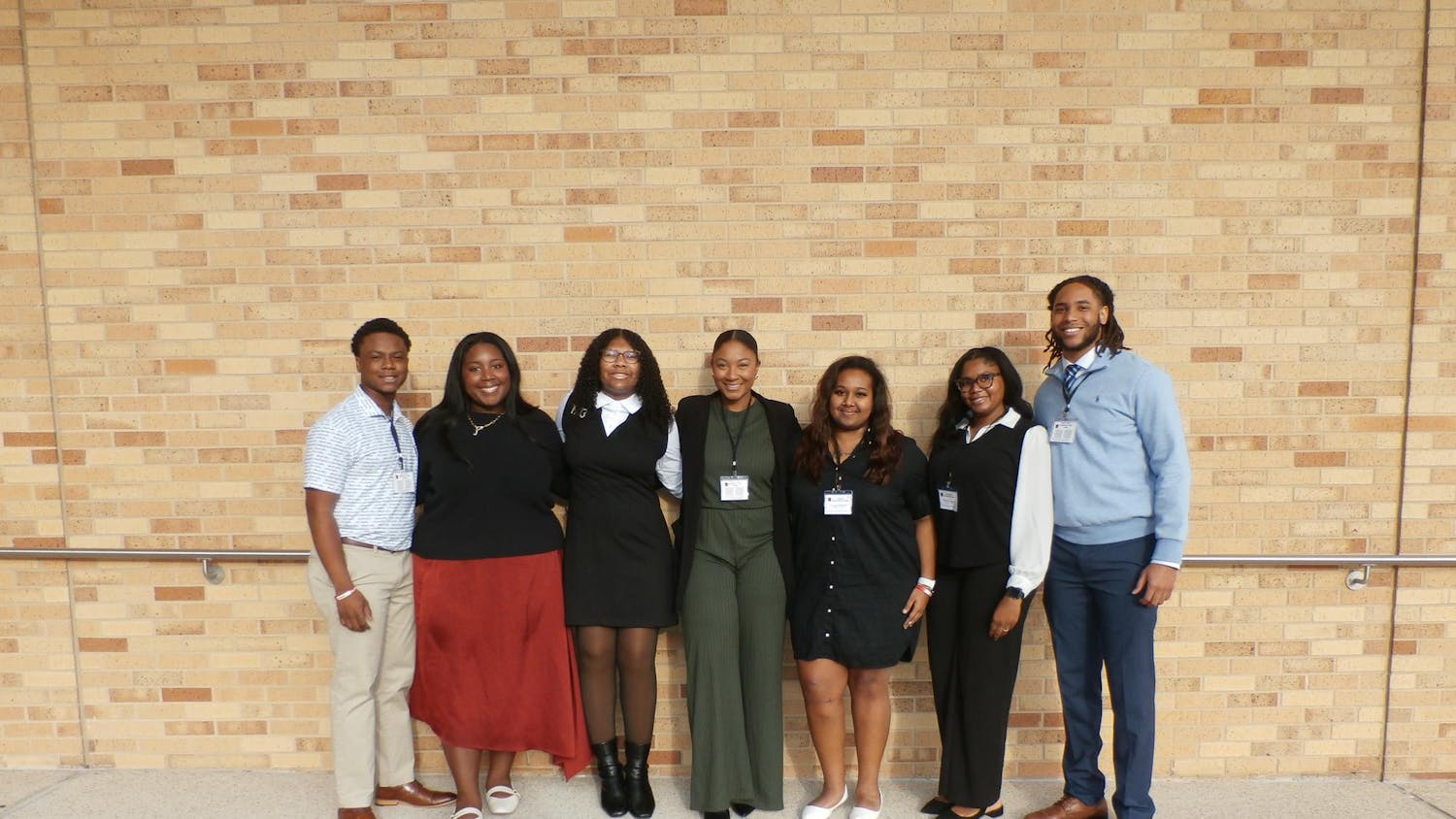Happy cows aren't choosing California anymore. They're choosing Auburn.
Auburn University's College of Agriculture has earned the highest international accreditation for the humane treatment of research animals including cattle.
AAALAC, the Association for Assessment and Accreditation of Laboratory Animal Care International, is a private non-profit organization whose mission is to promote the humane treatment of animals around the world in universities, government institutions and companies.
"This means that we can compete with the best of the research universities and institutions across and international spectrum," said Jim Bannon, director of outlying units of the Alabama Agricultural Experiment Station at Auburn University.
Bannon organized the process that took three years to complete and wrote a 457-page document to outline and review the college's animal care programs which followed an extensive interview and review process by AAALAC.
"It is a voluntary process that involved a physical assessment in person and submission of a program description, " Bannon said. "The program description states every aspect of animal care that is executed in your particular area, for us it was a 457-page document that was submitted back in November."
The College of Agriculture had to agree to allow an independent team of experts, mostly were veterinarians, to come in and look at the program and inspect campus research facilities and the external units around Alabama last March.
Currently the College of Veterinary Medicine is also accredited by AAALAC as well as four other institutions around the state, including the University of Alabama.
Bannon said other colleges, such as pharmacy and science and mathematics, can also be accredited by the same institution to have the University recognized as a whole, which is a goal he would like to see the University work toward.
The AAALAC accreditation has to be reviewed every three years for reaccreditation.
Some of the guidelines for AAALAC required that the research facilities improved and update the surroundings, procedure and overall care for animals and humans working in research.
Brian Gamble, associate director of the Wiregrass Research and Extension Center in Headland, said to get ready for the accreditation process the facility saw an increase in overall training, upgrades, healthcare and appearance of the center.
The Wiregrass Research and Extension Center works with agriculture such as peanuts, cotton, small grains and cattle research.
Each year the program conducts 75 to 100 experiments and is currently researching different byproducts from the food industry with cattle feed to study animal nutrition.
"We are sitting on the pinnacle in terms of research facilities and animal care," Bannon said. "Not to say that other universities are not good, but they are not there yet."
By being AAALAC-accredited, Bannon said the benefits symbolize quality of research at Auburn University to promote reliable scientific testing, increased recruiting for students and professors and an increased amount of funding by grants with its increased commitment of standards in animal care.
"People have so many misconceptions about research animals and what is done to them and this will help them see that some of their ideas are wrong and all research is done to improve human health and the food system to benefit consumers," said Jamie Creamer, communications and marketing specialist with the College of Agriculture. "I already knew that this program was superb in its animal care but just having that endorsement is just kind of like big thumbs up to everyone who have worked very hard."
The College of Agriculture will continue to provide quality animal care, with or without the accreditation.
Do you like this story? The Plainsman doesn't accept money from tuition or student fees, and we don't charge a subscription fee. But you can donate to support The Plainsman.




